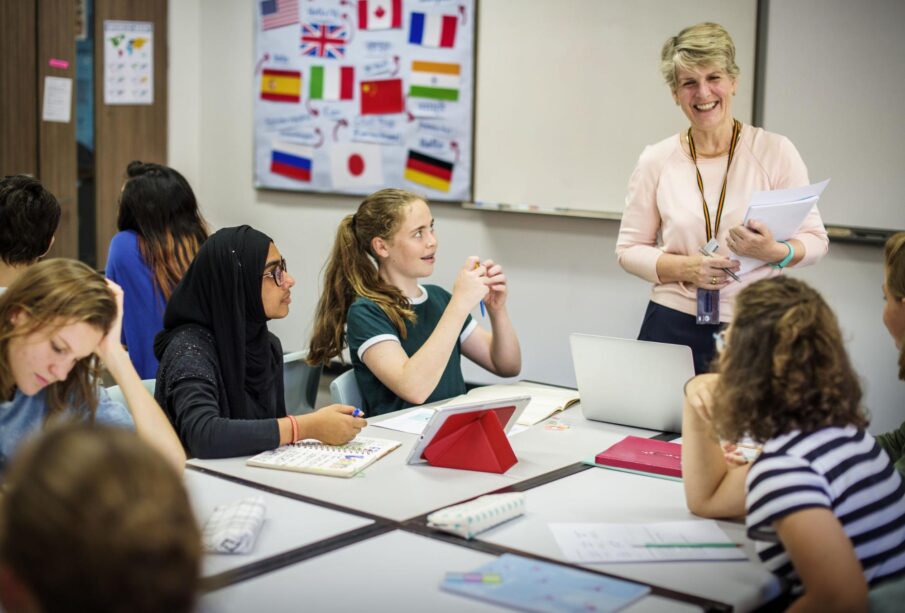How do schools create responsible citizens?

The point of education and learning is not only to score good be successful in the future by having a good job. It is to have a good quality education that prepares them for life in general, making them responsible individuals first, and citizens second.
People take it for a fact and face value that knowledge, education, and literacy are the same thing. On the contrary, they might seem to overlap but are not directly equal. Education is more academic and is specifically received from an institution through their ERP, literacy is something that has various levels and a person in the field of education has different levels of literacy, knowledge is the overall understanding of the world, along with other development in the skill sphere of a child. Education can contribute to improving the levels of literacy and making students knowledgeable. Only by the proper combination of these three will a child be able to become a responsible individual and citizen.
Meaning of a responsible citizen
A responsible citizen performs various functions in a society, for the benefit of self and the community in which they reside. Students don’t automatically become responsible citizens after graduating from their college. They always remain a citizen by the time they enter school and continue. How they live by the laws, abide by society’s rules, and be helpful and reliable individual eventually makes them responsible. Some achieve all these qualities at a very young age after awareness and practice, others continue to become so over the years as they gain more knowledge about the world and the role they play in it.
A citizen has multiple tasks to perform which define their duties, such as voting and respecting the fundamental rights and freedoms of people, using the laws for their and other people’s advantage, giving to the community as a means of social activity, volunteering, and so on. Our question remains, how can schools create responsible citizens? Here are a few roles and institute ERP plays;
Awareness about fundamental rights and duties:
Every country has a list of fundamental rights and duties. This includes the rights of an individual, which he finds that a person has freedom of speech, freedom of practicing religion, freedom of free thought and choice without harming others, and so on. Similarly, they also have the right to discrimination and protection against such discrimination offered by the law enforcement bodies. Students read and study this in their middle school grades through political science and civics subjects.
Educators have noticed that students don’t enjoy knowing about fundamental rights because it is thought to theoretically with no practical sense or understanding of the objective behind knowing fundamental rights and duties. As it is, students are attending classes through an LMS, online education makes learning increasingly boring. To properly imbibe these laws in students, teachers can create videos or act out the meaning of the laws and rights through video conference calls over the LMS. When classes are interesting, every child focuses and learns more about our nation and how to be a perfect citizen.
Awareness about social responsibilities:
Social responsibilities are not written official laws but a code of conduct that every person in the society, country, or state follows. For example, it is the social responsibility of an individual to not throw garbage on the road and to educate others about the harmful effects of exposed garbage dumps if they observe such an activity happening. It is a collective responsibility that will affect the betterment of self and the nation only when the majority inclines towards it. Hence, educators rely on these children to grow up and become socially responsible individuals.
Building moral values:
Moral values mostly benefit people themselves but can affect the nation when they use to being responsible citizens. Examples of moral values include the general goodness of a child, the quality to be kind, gentle, patient, caring, justice seeking, opposing wrongdoings, and so on. There is no end to learning about moral values, and no age too. Teachers of every grade should try to make students aware of how they can practice moral values and what are the long-term benefits of it.
Also read: Benefits of using travel ESL lesson plans











